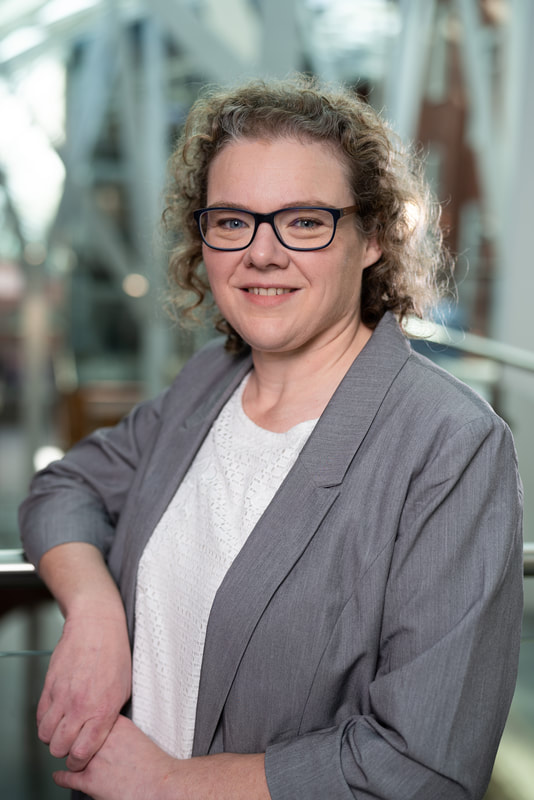Prof. Rachel M. Smith
|
Contact:
Sir Robert Hadfield Building Mappin Street Sheffield S1 3JD +44 (0)114 222 8255 [email protected] |
Biography
I previously completed a BEng in Chemical Engineering at the University of Queensland, Australia, in 2000. I went on to receive my Doctorate from the same institution in 2008. In the same year, I also joined the Department of Chemical Engineering as a post-doctoral research fellow, at Monash University, in Melbourne, Australia. During early 2012, I left Australia and joined the University of Sheffield's Department of Chemical and Biological Engineering as a lecturer, and I have since been awarded a Royal Society Industry fellowship in 2015. In 2018 I became a Senior Lecturer within the department and in 2024 I was promoted to Professor of Particulate Manufacturing.
Research
My research centres around the study of particulate systems and how advancements in the field can be applied to relevant industries. I currently have students working on cutting-edge solutions for the pharmaceuticals, detergents and food industries. My approach to such issues often uses a combination of experimental and computational simulation tools, to develop the mechanistic understanding.
To see latest publications click here
I previously completed a BEng in Chemical Engineering at the University of Queensland, Australia, in 2000. I went on to receive my Doctorate from the same institution in 2008. In the same year, I also joined the Department of Chemical Engineering as a post-doctoral research fellow, at Monash University, in Melbourne, Australia. During early 2012, I left Australia and joined the University of Sheffield's Department of Chemical and Biological Engineering as a lecturer, and I have since been awarded a Royal Society Industry fellowship in 2015. In 2018 I became a Senior Lecturer within the department and in 2024 I was promoted to Professor of Particulate Manufacturing.
Research
My research centres around the study of particulate systems and how advancements in the field can be applied to relevant industries. I currently have students working on cutting-edge solutions for the pharmaceuticals, detergents and food industries. My approach to such issues often uses a combination of experimental and computational simulation tools, to develop the mechanistic understanding.
To see latest publications click here


